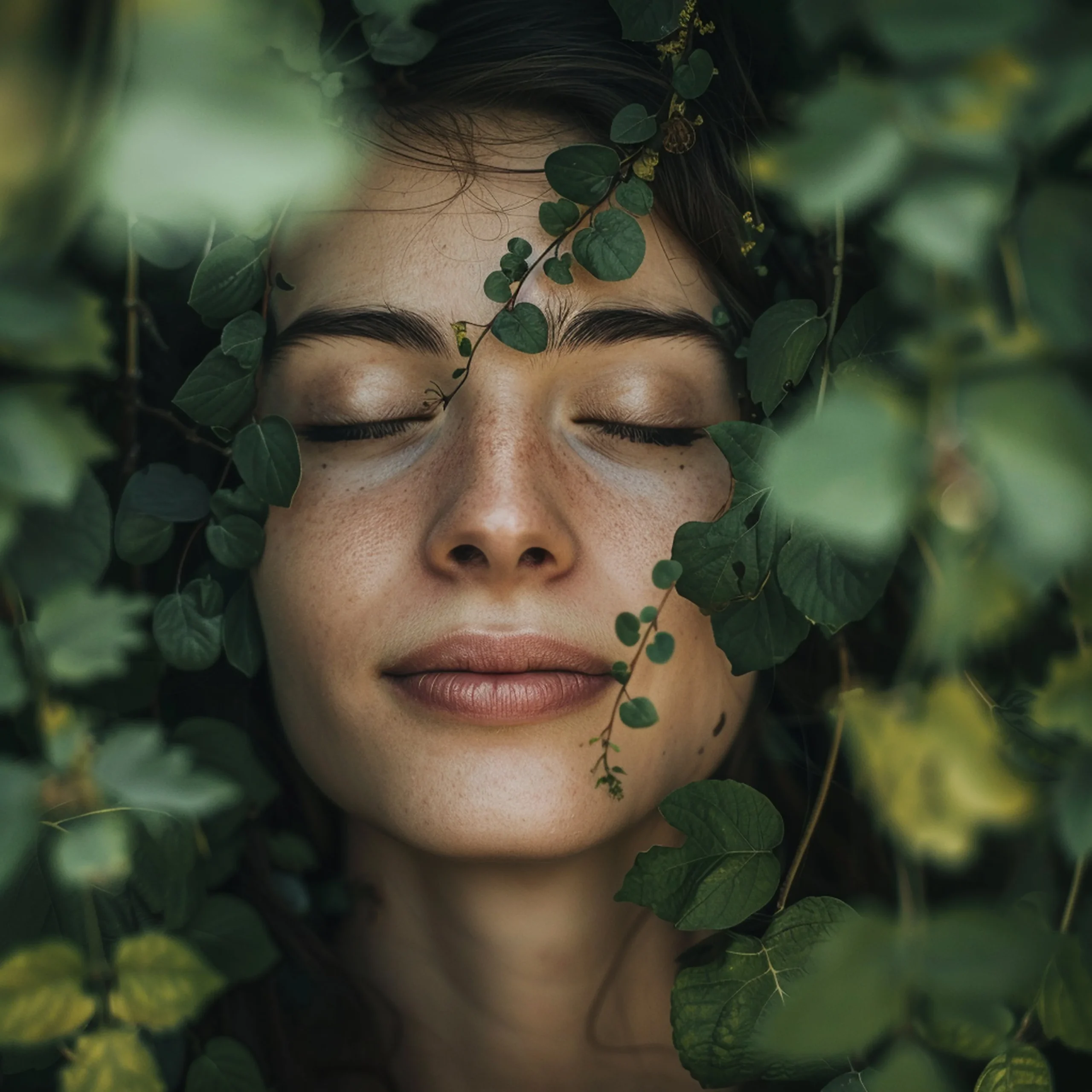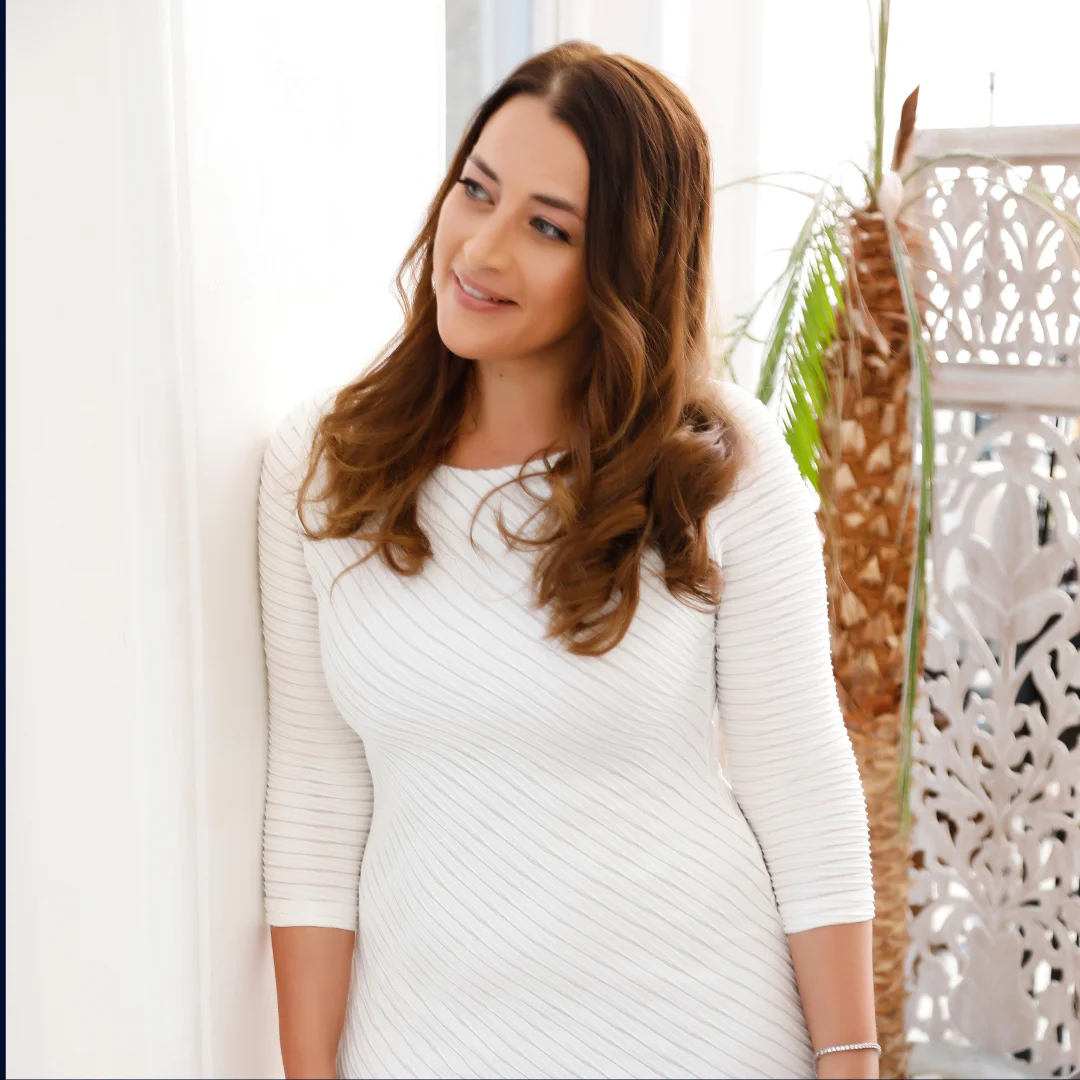Who here moisturizes their skin everyday?
If you asked me 6 months ago, I would have said ‘NOT ME!’ … like usual, I was taking my body, and my skin health, for granted and expecting it to just take care of itself.
I hate to break it to you peeps, you gotta take care of yourself! #selfdisciplineatitsfinest
Your Skin
You’ve probably heard this fun fact: Your skin is your largest organ.
Your skin not only protects the body, but it also acts as a window to your internal system. If something is out of balance internally, like your hormones for example, your skin usually shows it.
Because the skin acts as a barrier between your organs and the outside world, it can take a beating. Maybe it would help to look at the anatomy of the skin first, ’cause you know I like my science!
I got this from WebMD – Picture of the Skin:

Get this: The skin has a total area of about 20 square feet, and is made of three layers.
The skin not only protects from microbes and the elements, it also helps regulate body temperature, and permits the sensations of touch, heat, and cold.
The three layers of the skin are:
- The epidermis, the outermost layer of skin, provides a waterproof barrier and creates our skin tone.
- The dermis, beneath the epidermis, contains tough connective tissue, hair follicles, and sweat glands.
- The deeper subcutaneous tissue (hypodermis) is made of fat and connective tissue.
So where does the moisturizing come in?
Well, remember your skin acts as a barrier to the outside world, and that includes infections. If you’re skin is dry or cracked, the usual bacteria that live on your skin can get inside and cause an infection.
So, when we moisturize, we protect our skin from drying out AND we protect ourselves from infection and potentially other skin conditions like eczema, for example – keeping your skin moisturized will result in you having fewer flares, as per Diana K. Blythe, MD.
Dr. Mehmet Oz, MD said this about the importance of moisturizing your skin: “Skin’s health and appearance are affected by moisture. Without water, skin’s natural processes, like exfoliation, cannot occur normally, so maintaining an optimal level of moisture in skin is essential to its look and feel. Skin that is not well hydrated may also be more susceptible to inflammatory skin conditions.”
Now here comes the other tricky piece – what do you moisturize with?
What’s in your moisturizer?
Ok, grab your moisturizer right now if you have one, and check the label – are there things in there you don’t recognize, let alone able to pronounce? Ya! It’s why I make all of my own skin care products these days. Check out this article by WebMD – What’s In Your Moisturizer.
Now, you don’t have to go to that extreme of making everything because some people just aren’t into that, and that’s cool.
What I do know is that oils and essential oils are a NATURAL and AMAZING way to take care of your skin, keeping it moisturized and healthy. How do I know? because I use them every day, and I can see and feel the difference.
Let’s take a look at some shall we?
The Carrier Oils
Carrier Oils can be used on their own or to dilute essential oils so that you can apply to your skin safely. Here are a few of my favourites, or you can check out my Essential Oils 101 Pinterest board too!
Grapeseed Oil -This oil is great for your skin as it has a lot of Vitamin E and lots of good moisturizing fatty acids. I use this in my facial serum recipe. Check this Healthline article by Kathryn Watson out for more fun facts.
Avocado Oil – This oil is another one I use for my skin moisturizers and body butters too. I also cook with it hehe, but back to the skin… Avocado oil is not ideal if you have oily skin. It helps soothe and adds moisture to your skin, and it won’t leave a lot of grease behind.
The beta carotene, protein, lecithin, fatty acids, and vitamins A, D, and E found in avocado oil help moisturize and protect your skin from damaging UV rays. Check this Healthline article by Annamarya Scaccia for more about Avocado Oil for skin.
Jojoba Oil – This oil is actually a wax and it resembles human sebum, which is a waxy, oily substance on your skin. It’s why it’s so great for your skin, even oily skin because it’s said to help reduce the skin’s oil production in acne-prone people, for example, by making the skin think it’s produced enough oil – cool, eh?!
This one is great to use in face serums and your entire body, as absorbs easily and doesn’t clog pores (I switched to this from coconut oil because I felt that coconut clogged my pores sometimes, especially on the face).
Sweet Almond Oil – This is my other favourite to use in body butters and even soaps because it absorbs nicely and it leaves my skin feeling nourished and soft. Dr. Axe has some great things to say about almond oil for both your health and your skin.
Argan Oil – This is the last one I’ll mention here. This one is great for dry skin and wrinkles and is rich in vitamins A and E, and monounsaturated fatty acids. I will use this on my skin in the fall and winter especially.
Read more about How to use Carrier Oils by Annette McDermott
The Essential Oils
Let me go ahead and say there are way too many essential oils that support healthy skin to list here, so I’m going to give you three of my go-tos that I started using Day 1 when I got my first essential oil starter kit. These three go in every base of facial serum, body spray, body butter, basically anything that is hitting my skin has this blend of oils and then some.
Lavender – This is a powerhouse, and it’s commonly used to speed up the healing process of wounds, burns and sunburns because it improves the formation of scar tissue.
This article describes other benefits as well as the risks of using Lavender – just keep in mind that essential oils shouldn’t be used to treat, diagnose, cure or prevent any disease.
Frankincense – Another powerhouse. When it comes to skin, I use Frankincense because it has the ability to strengthen skin and reduce wrinkles. Dr. Axe says it can help to improve your skin’s tone, elasticity, defense mechanisms against bacteria or blemishes, and aging appearance. It may help tone and lift skin, reduce the appearance of scars and acne, and heals wounds.
It may also be beneficial for fading of stretch marks, surgery scars or marks associated with pregnancy, and for healing dry or cracked skin.
Copaiba – This is an magnifying oil, meaning it enhances the oils it is blended with. Copaiba is an astringent so its active components tighten the skin, which can help the skin look younger, reduce the appearance of wrinkles, and even strengthen the skin as it ages.
This article talks about some other benefits of Copaiba.
Tips for Radiant Skin
There are so many natural steps you can take to help keep your skin vibrant, healthy and nourished both from the inside and the outside.
Water – If you do not drink enough water, your skin will show it. Water is important for all organs, even those we can’t see. Stay hydrated by drinking at least 64 ounces of water per day. If you suffer from dry skin, 90 ounces may be necessary.
Gamma Linoleic Acid – Evening primrose oil, borage oil and black currant oil all promote skin health and may even help to alleviate some of the other symptoms that come with along with hormone imbalance. Choose one or even use a combination of all three to keep your skin healthy.
Omega 3 Fatty Acids – Fish, fish oil, flax seed and walnuts are all full of Omega 3s. These essential fatty acids are important for skin health. If you cannot eat 3 servings of cold water fish per week, consider supplementing with fish oil. Make sure it is of high quality and without mercury.
Non-toxic skin care products – Many skin care products, meant to keep skin healthy, actually damage the skin with drying agents and chemicals. If you can’t pronounce the ingredients, there is a high likelihood that it is a chemical. Just as concerning as the foods you eat, so, too are chemicals in skin care products. Some typical skin care ingredients to avoid include: parabens, propylene glycol, and petrolatum. Choose products like Vitamin E oil, jojoba oil, coconut oil or aloe vera, either fresh from the plant or in a product with a high concentration and little to no added ingredients.
There are many steps you can take to preserve your skin. Small changes can make a big difference for the largest organ of your body, so make sure to take care of it.
If you want to learn more about essential oils, check out my online email course HERE.
Feel free to contact me personally if you have any questions or anything as well.
Until next time!
Disclaimer:
The information contained on this website is not meant to diagnose, treat, cure, or prevent any disease. If you are pregnant, nursing, taking medication, or have a medical condition, consult your physician or health professional before using these products (e.g. essential oils). Be extra careful when using oils on kids.
About the Author

Natalia is a Life Fulfillment Strategist, Certified Wellness Coach, Yin Yoga Teacher and co-author of Natural & Organic Healing: Your Ultimate Health & Wellness Guide.
She is the founder of the Life Fulfillment Academy and Make It Happen System and Mentorship Program. Natalia’s entrepreneurial soul has led her to attaining an MBA and CPA, creating her own line of all natural skin products, and developing a passive income stream as a distributor of essential oils since moving to a more plant-based lifestyle.
She is now dedicated to helping high achievers to reach their highest potential; to get clear, get healthy and break free from whatever is blocking them from living their happiest, most fulfilled life!
Before transitioning into her role as a Strategist and Coach, Natalia worked at one of the top Canadian Wealth Management firms in Canada, acting not only as a coach and mentor to her staff, but also as acting co-chair and mentor to women enrolled in their Women’s Mentorship Program.
Join over 7,000+ and get on the Insider’s List for exclusive offers and updates!
[wd_hustle id=”email-subscribe” type=”embedded” css_class=””]


